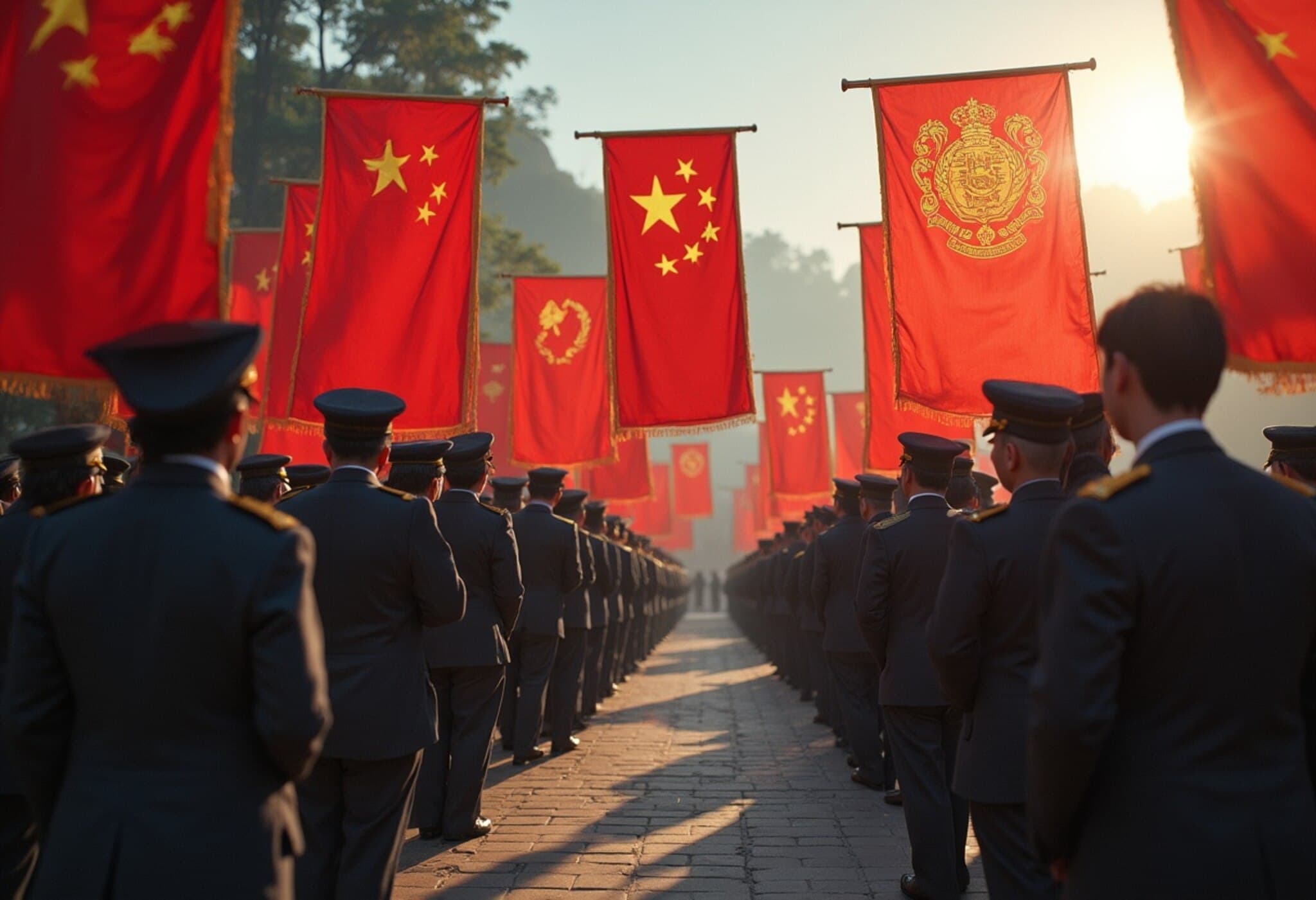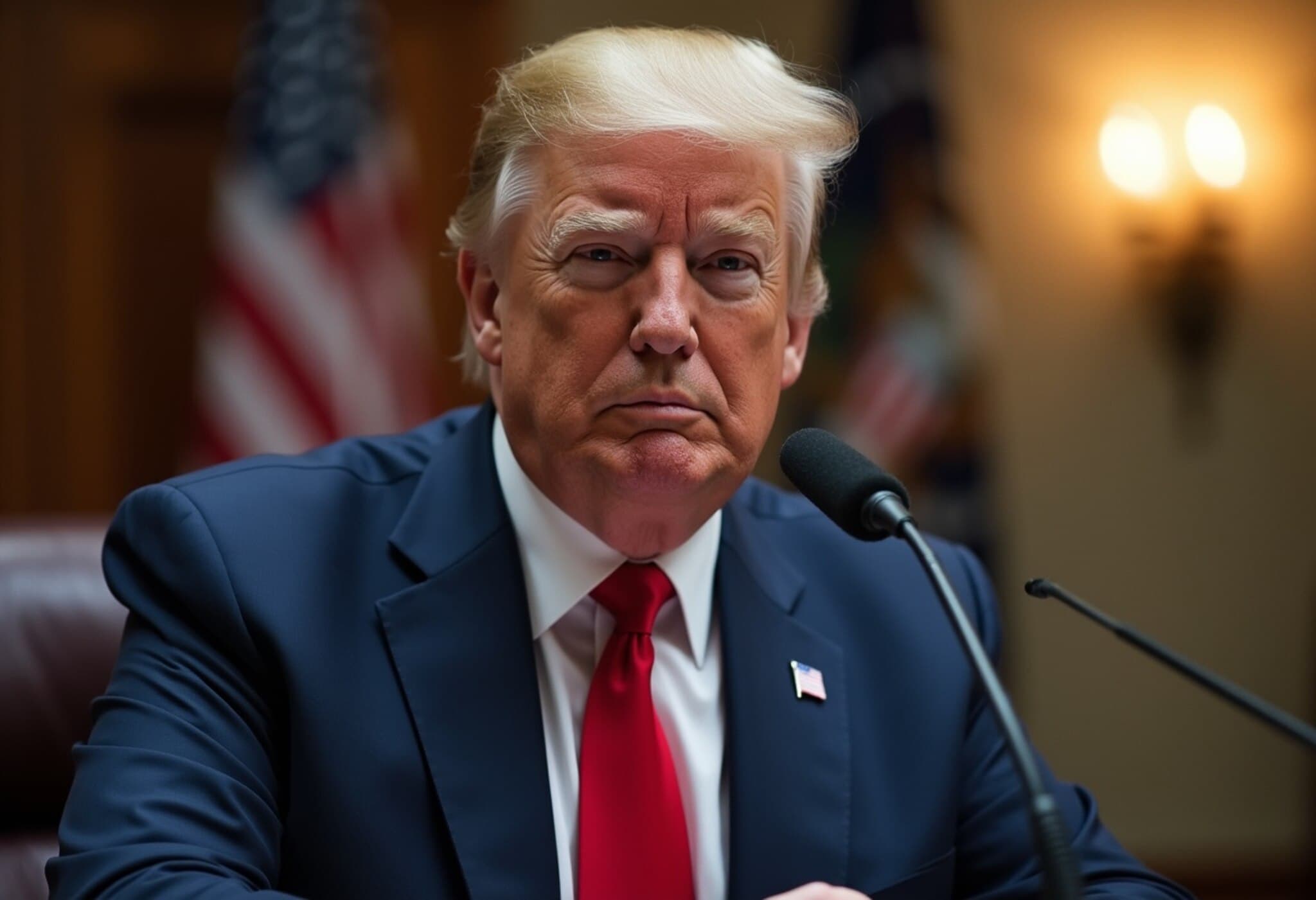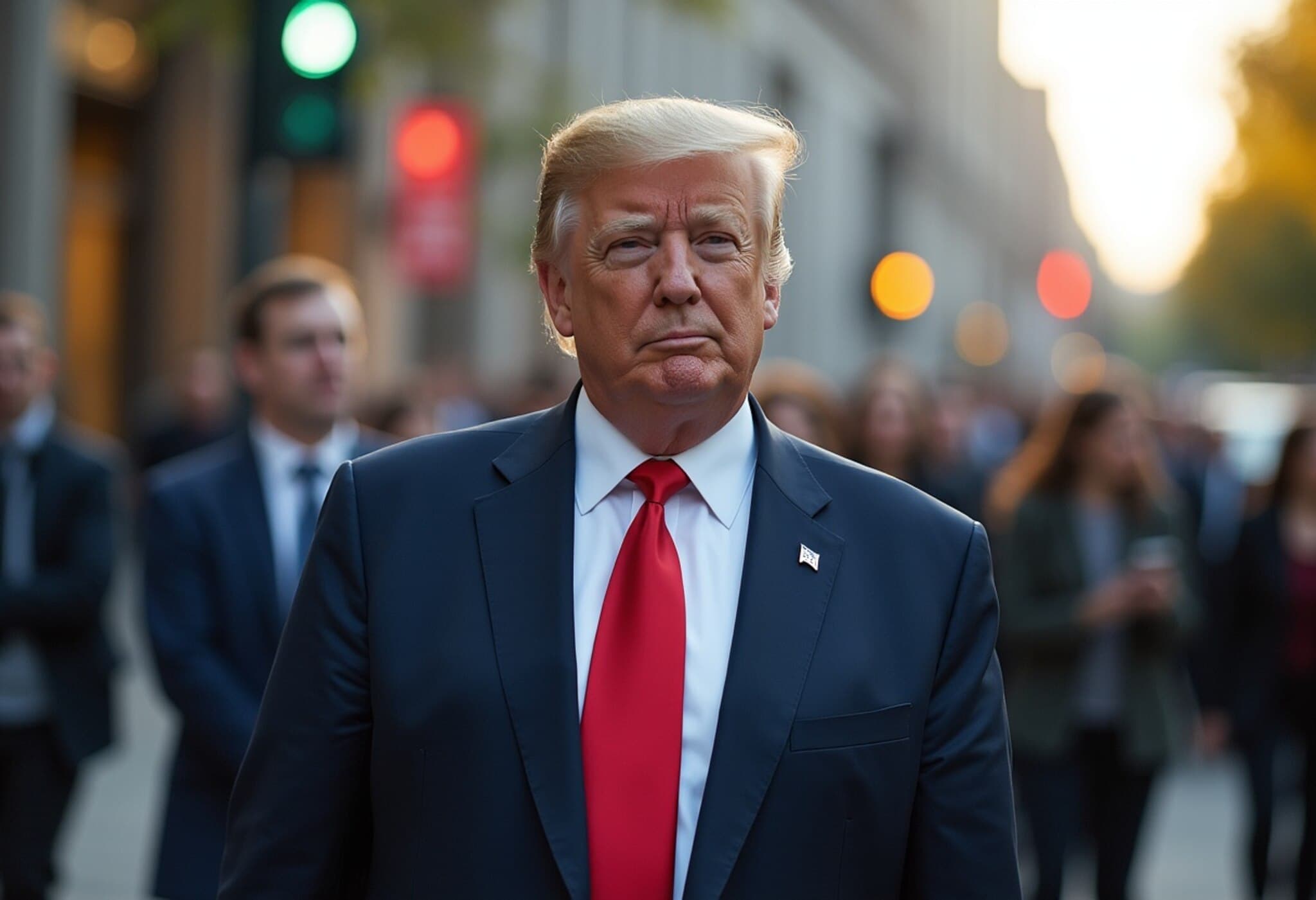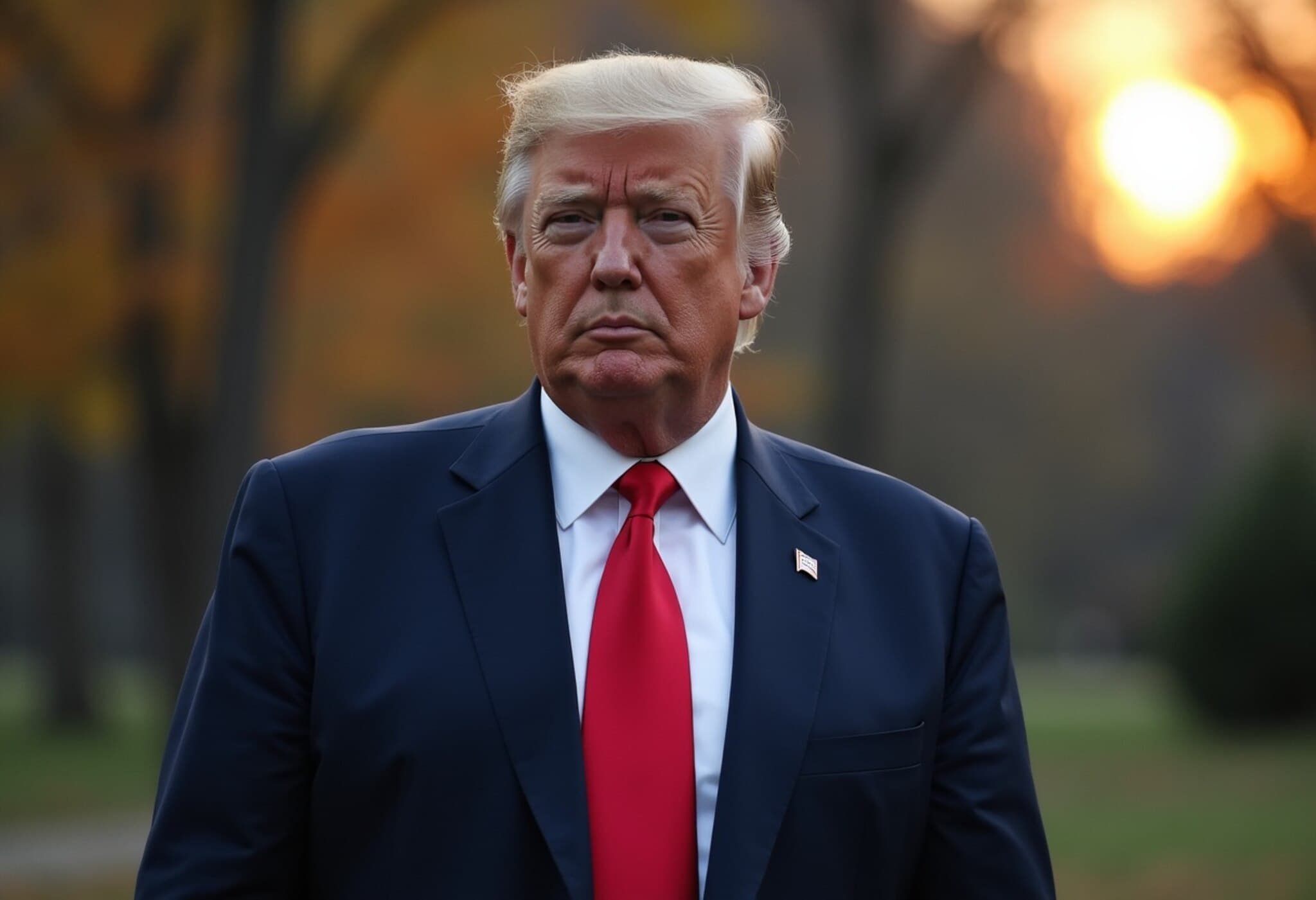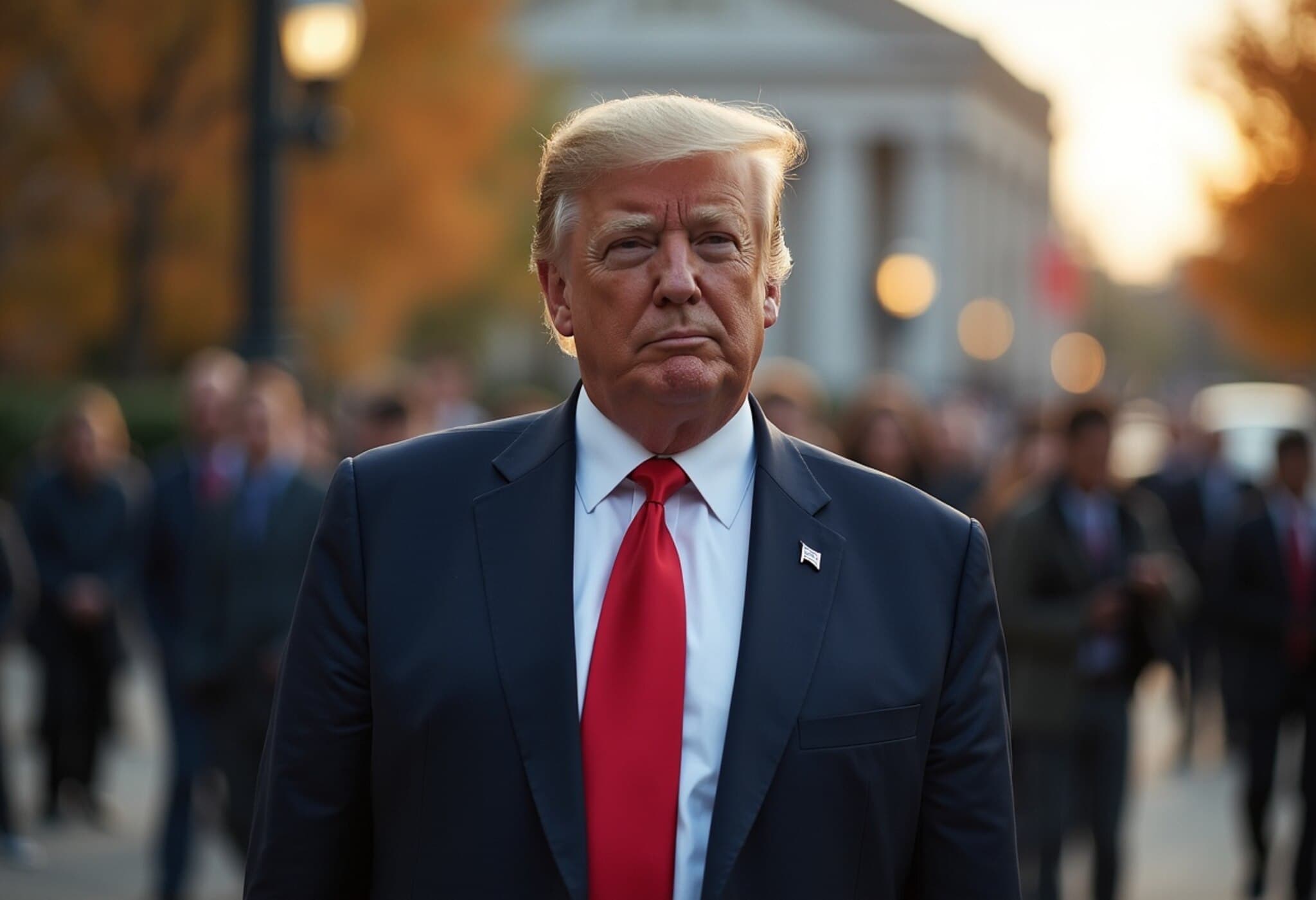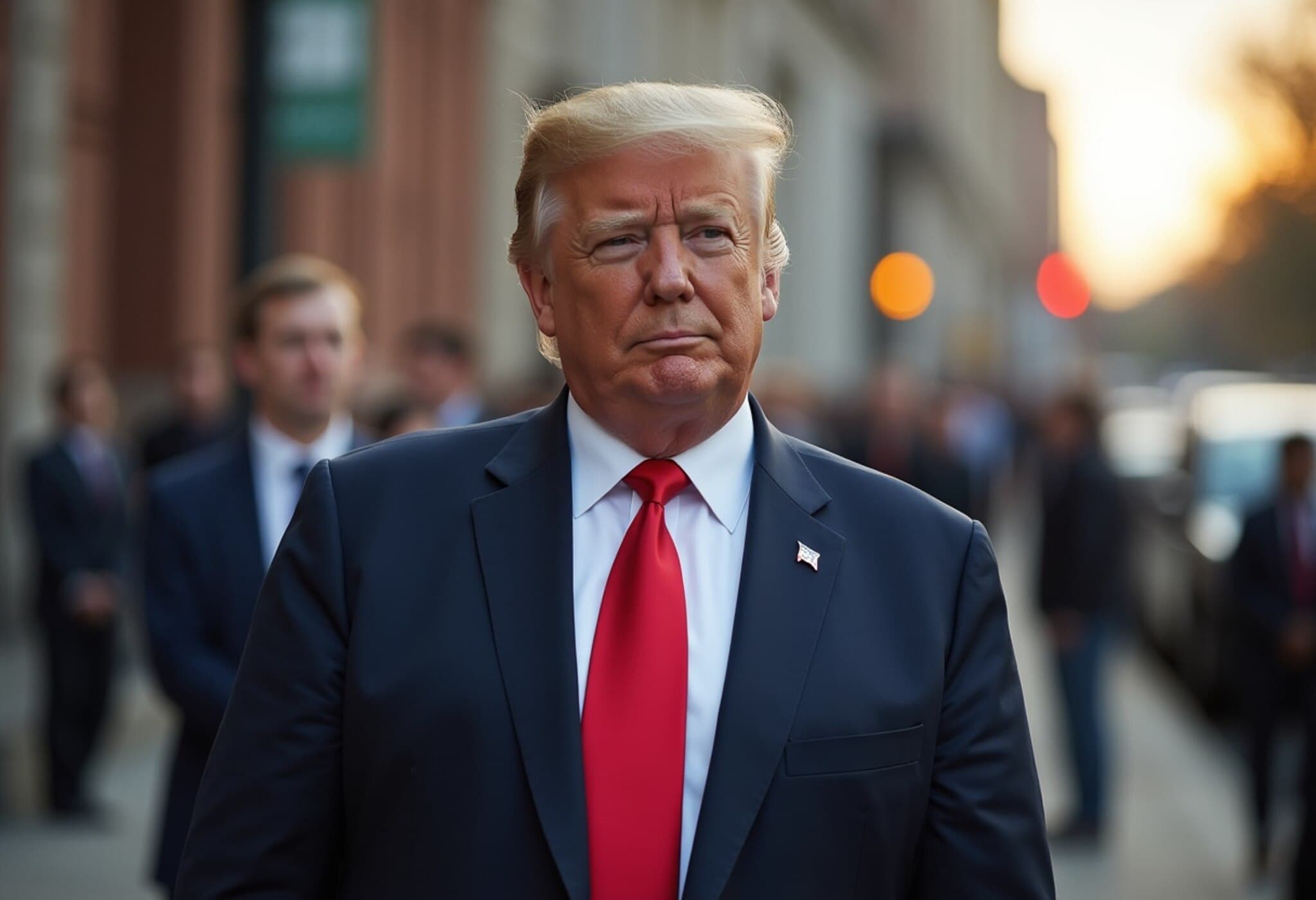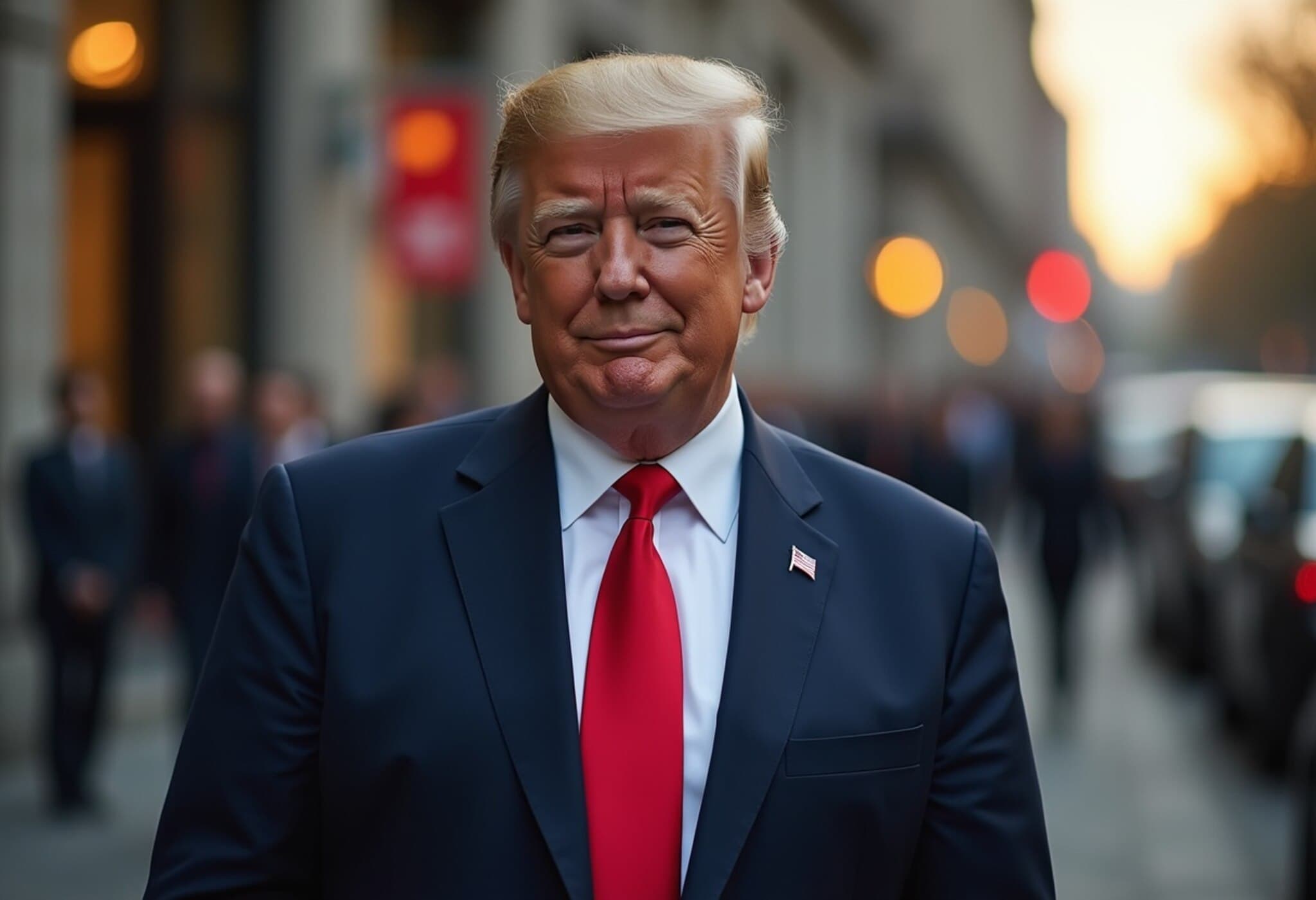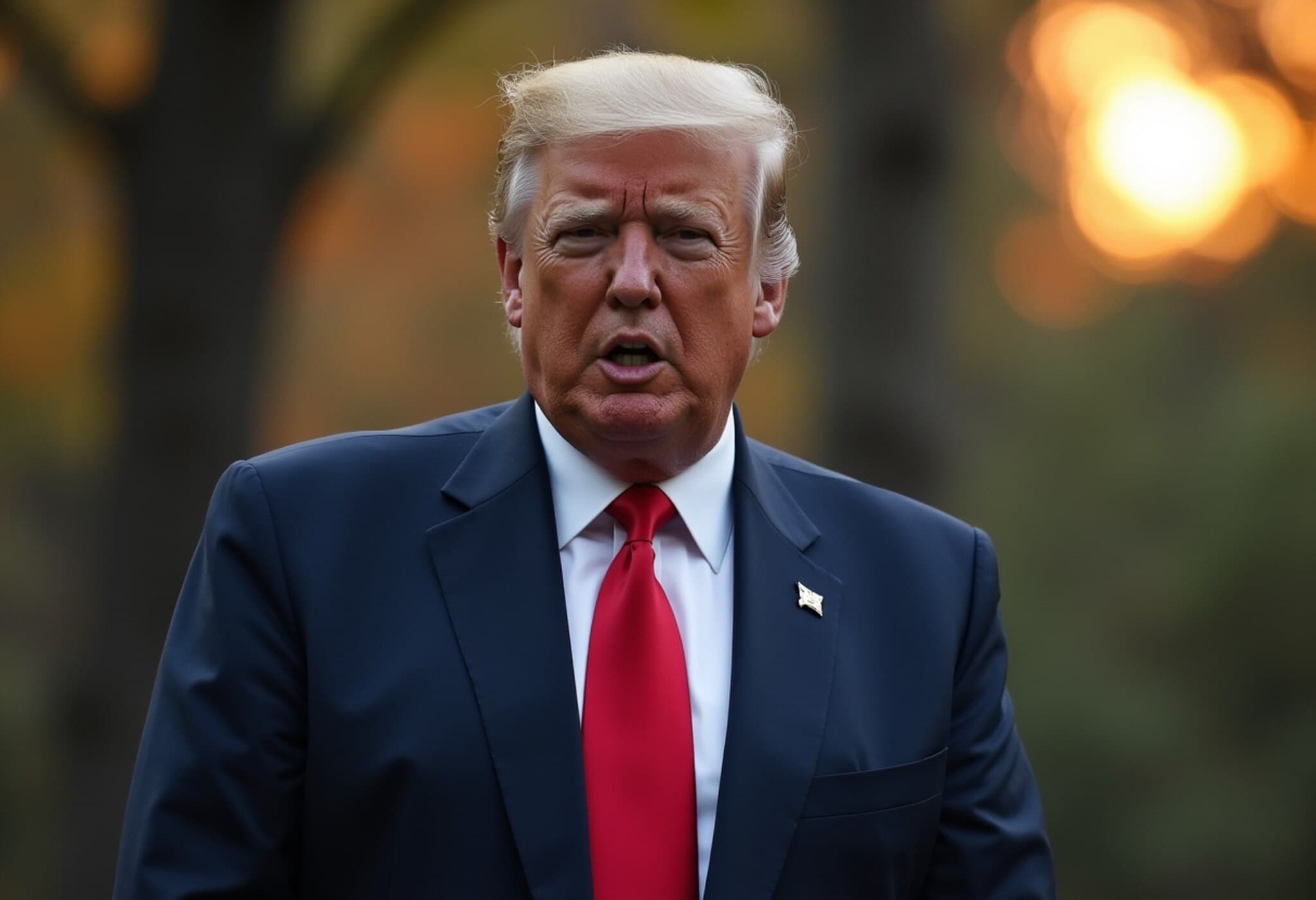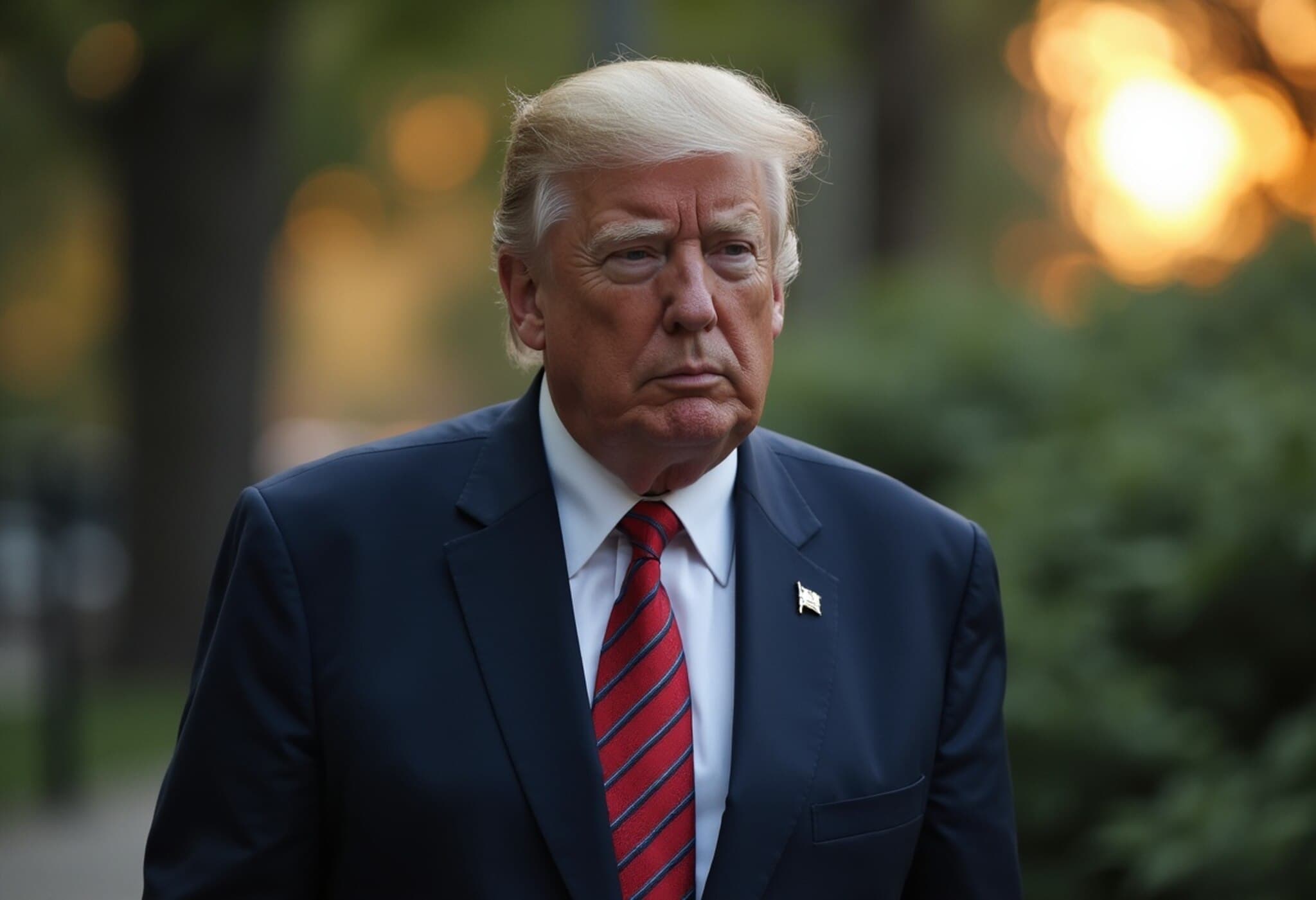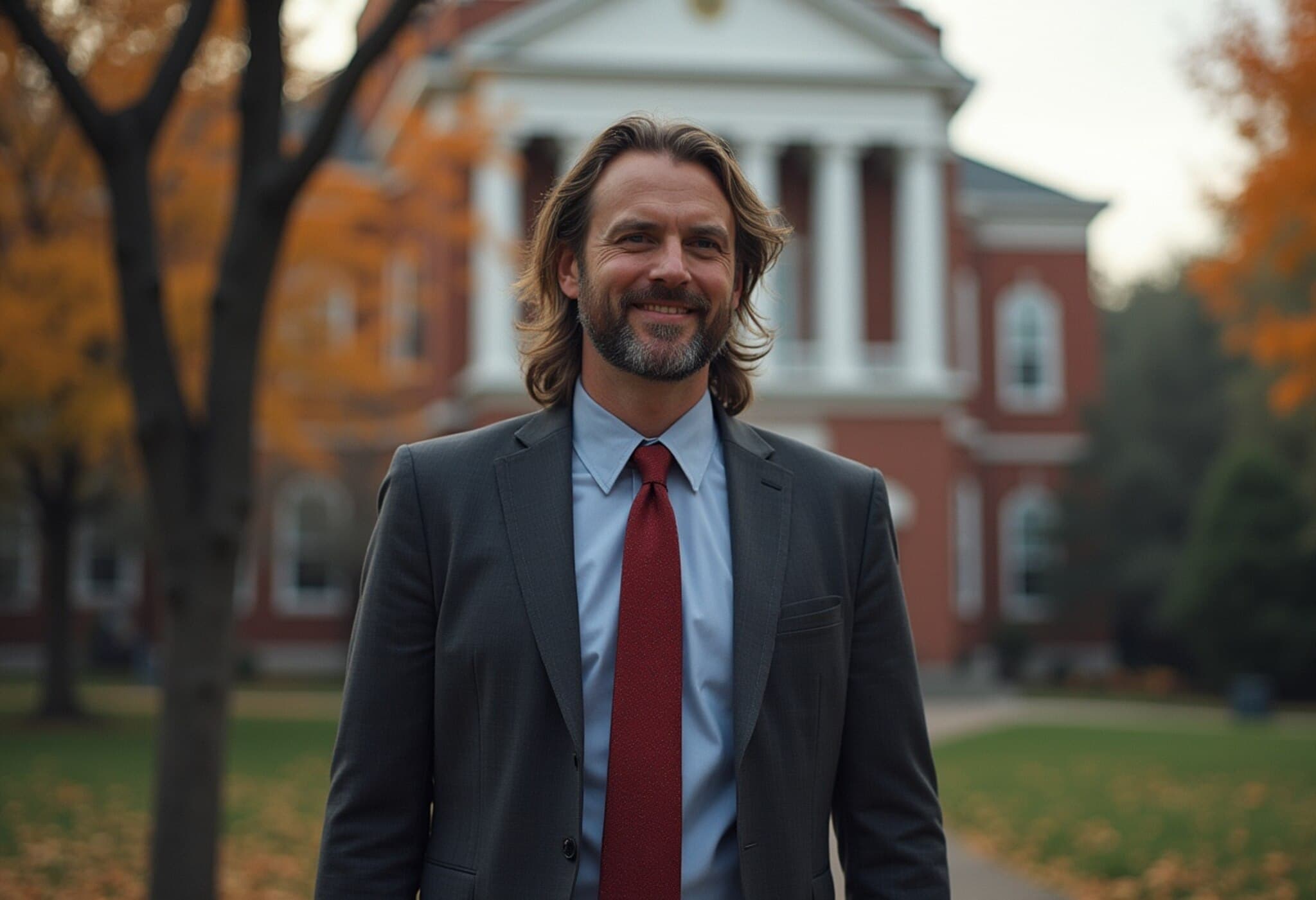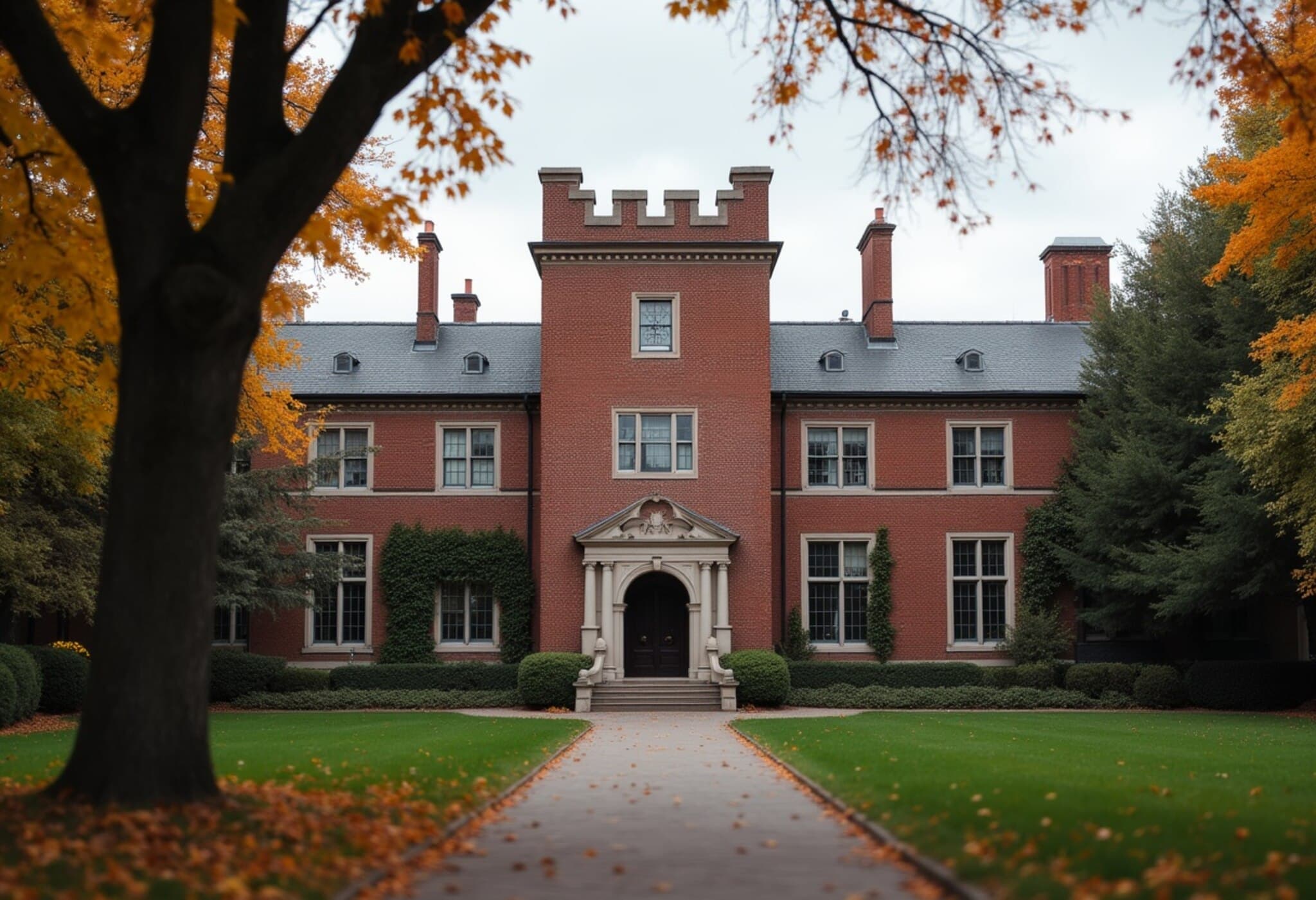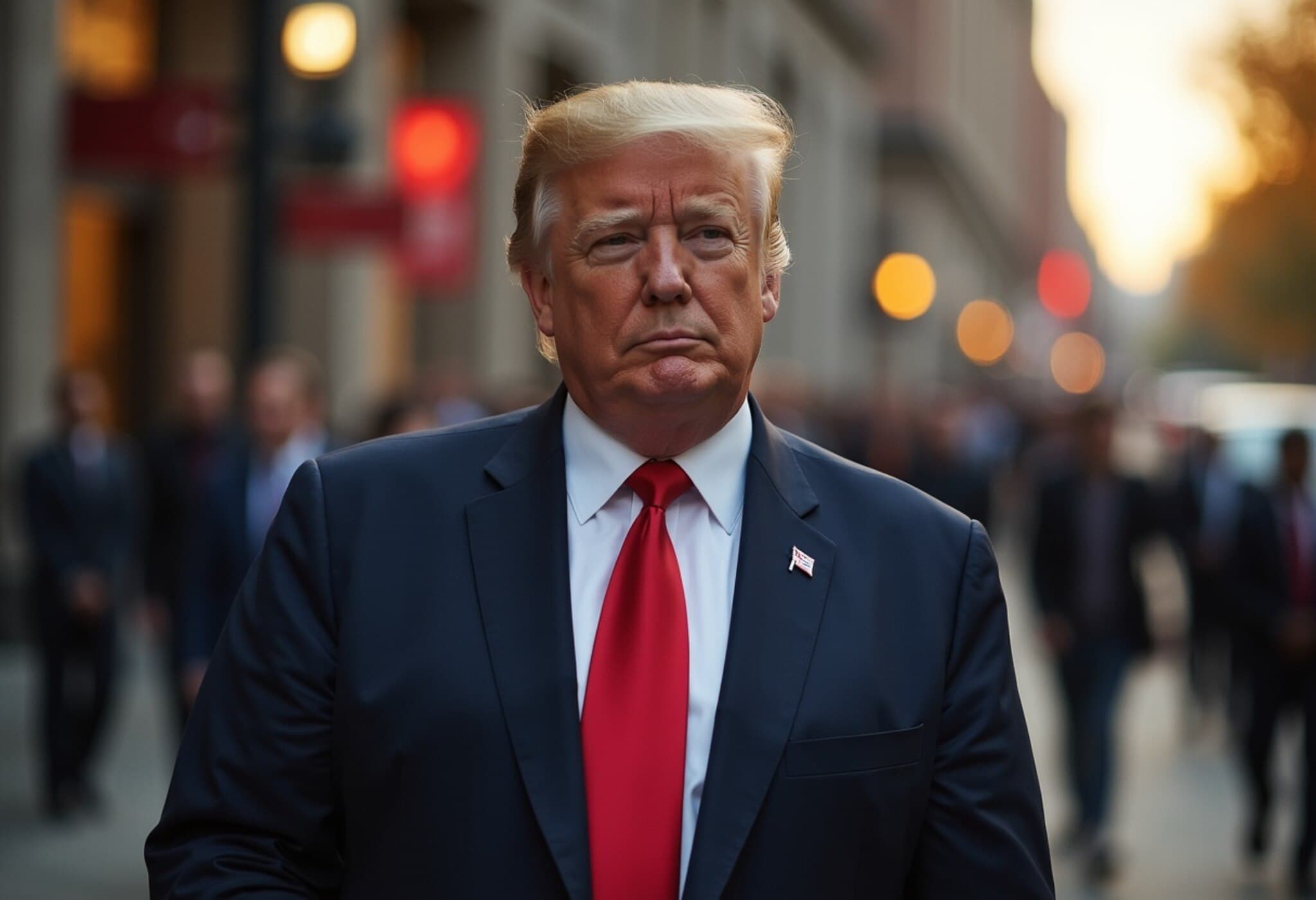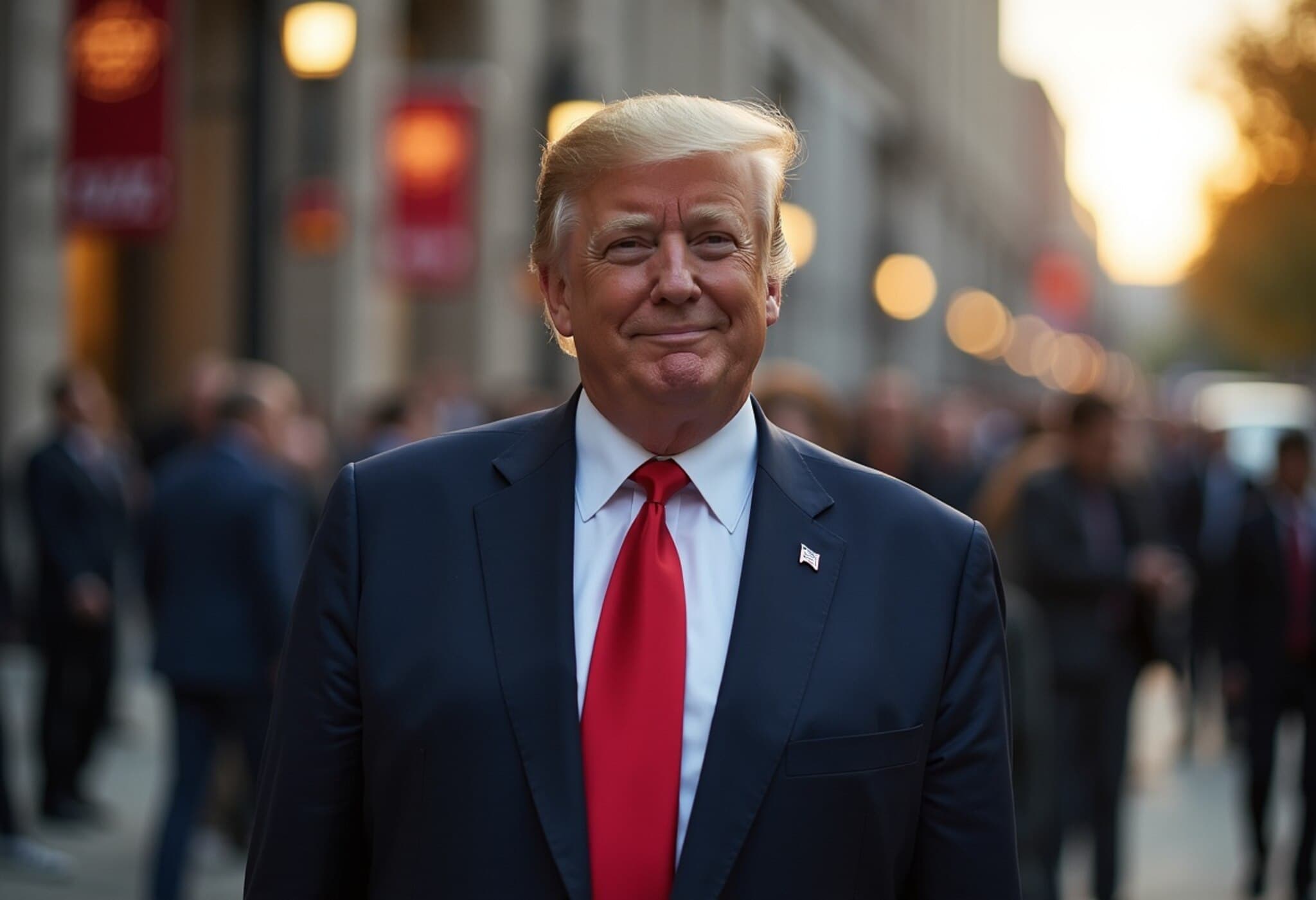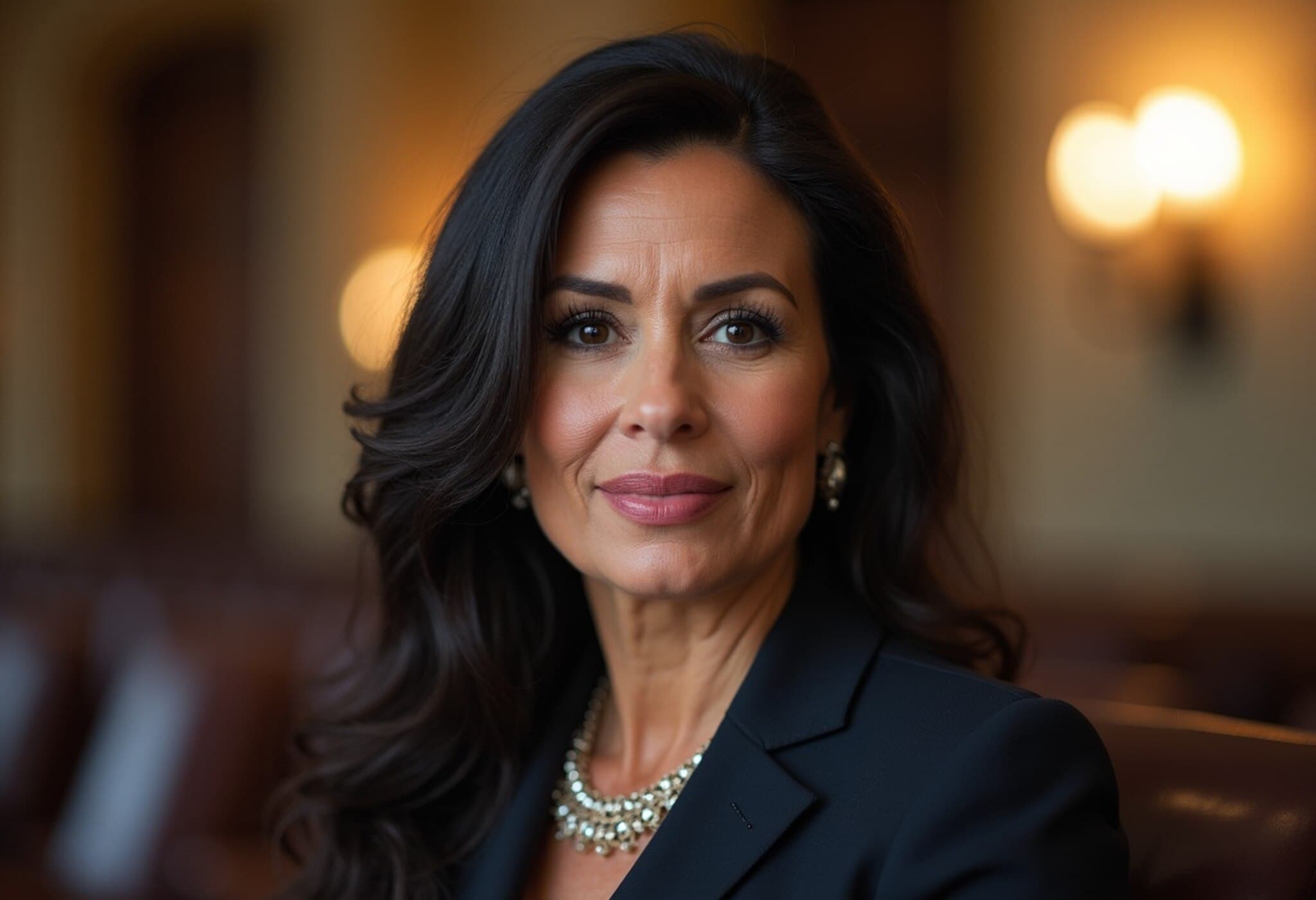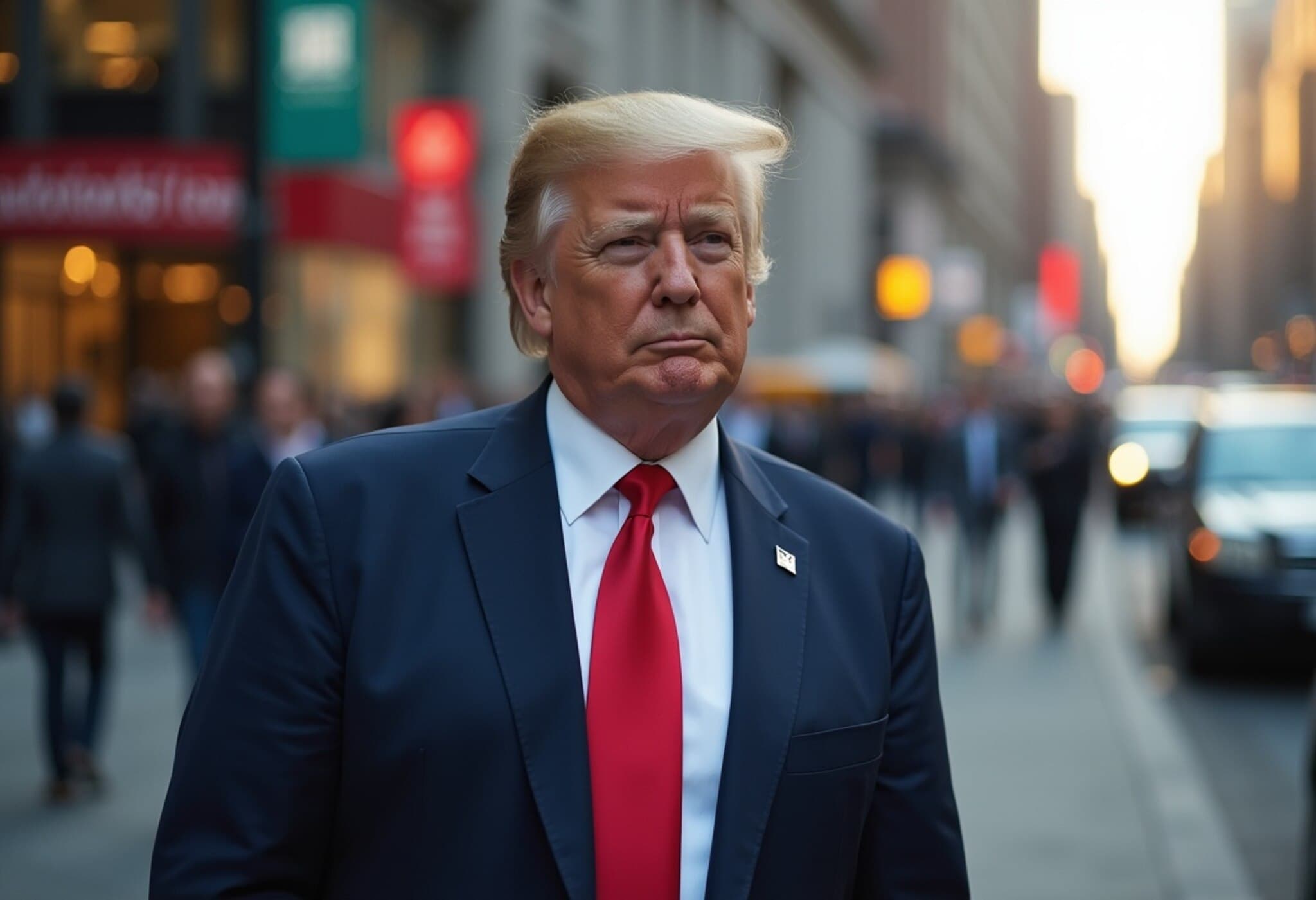Harvard University Under Scrutiny for Ties to CCP-Linked Entities
In a development stirring political and academic debates nationwide, Harvard University is facing increased scrutiny over reported longstanding collaborations with organizations affiliated with the Chinese Communist Party (CCP). A recent congressional investigation has uncovered a decade-long relationship with institutions such as the Central Organisation Department and the Chinese Executive Leadership Academy Pudong, both pivotal in shaping China's political leadership.
Details of the Partnerships and Rising Concerns
Documents obtained by investigative reporters reveal that Harvard’s Kennedy School has worked closely with several CCP-controlled bodies, facilitating training programs for Chinese government officials. Among these is the Chinese Executive Leadership Academy Pudong, a government-run institution focused on cultivating China’s future elite.
These revelations have sparked bipartisan unease, with U.S. lawmakers voicing worries about potential foreign influence at an institution historically valued for its independence. Representative John Moolenaar commented, "Harvard's formal partnership with a CCP-controlled school to prepare future Chinese leaders raises serious questions about the infiltration of foreign political ideology into American academia." He emphasized Congress's commitment to thorough oversight to shield national interests.
Adding to concerns, whistleblower accounts suggest that CCP cadres were sent to Harvard for official training, blurring lines between educational collaboration and political indoctrination. Representatives Tim Walberg and Elise Stefanik have voiced accusations that Harvard’s programs propagate CCP-driven "Xi Jinping Thought," further fueling alarm.
Congressional Demands and Legal Pressures
In response to mounting pressure, Congress has set a firm deadline: Harvard must produce all records of its interactions with CCP-linked groups, including financial transactions, by August 7. The investigation dovetails with ongoing tensions between Harvard and the federal government, particularly under the Trump administration, which froze billions in research grants over allegations of antisemitic harassment and complaints about the university’s diversity, equity, and inclusion policies.
Harvard has pushed back legally, asserting that federal actions imperil academic freedom and institutional autonomy. Recent reports of a $500 million settlement offer by the White House were denied by Harvard President Alan Garber, who insisted no agreement compromising the university’s governance was imminent.
Implications for U.S. Higher Education and National Security
This controversy exposes broader questions about how American universities navigate relationships with foreign powers amid a dynamically shifting geopolitical landscape. Harvard's entanglement with CCP entities illustrates vulnerabilities that critical institutions face regarding intellectual property, ideological influence, and security risks.
Experts in national security stress the importance of vigilance. Dr. Laura Chen, a former analyst at the Department of Homeland Security, notes, "When elite universities partner with foreign government-run institutions that have clear political agendas, it invites a complex set of risks, from data leaks to influence operations. Transparency and oversight must be non-negotiable."
Looking Ahead: Accountability and Institutional Autonomy
The unfolding saga raises key questions on the balance between global academic collaboration and safeguarding national interest. It also spotlights internal challenges Harvard faces in handling political pressure while maintaining its core values.
The reaction from the academic community is mixed; some faculty and alumni are concerned about governmental overreach, while others back rigorous investigation and reforms. Fourteen Democratic lawmakers—including several Harvard graduates—warned against any settlement perceived as capitulating to political demands, which could set a precedent undermining universities’ independence across the United States.
Summary: Toward Transparent Engagements in Global Academia
Harvard’s case serves as a cautionary tale illustrating the delicate terrain that elite universities tread in their international partnerships. As pressure mounts for transparency and stricter boundaries, the outcomes here will likely influence future policies governing U.S. educational institutions’ collaborations worldwide.
Editor's Note:
This unfolding investigation into Harvard University’s decade-long ties with CCP-linked organizations encapsulates complex themes at the intersection of education, geopolitics, and national security. It urges educators, policymakers, and the public to consider how global knowledge exchange can be balanced carefully against sovereignty and ideological autonomy. As the August 7 deadline approaches, the evidence Harvard submits will be pivotal—not just for the future of the university but for the precedent it sets across American higher education.

